News
Osun Kicks Off Maternal Health Week, Offers Free Services To Mothers, Pregnant Women

By Ayobami Agboola, Osogbo
The Osun State Government has urged mothers and pregnant women in the state to take the advantage of the Maternal New-born and Child Health Week (MNCHW) which would kicks of as from Monday, 29 and Friday, 3rd, May, 2019 across the 332 primary health care facilities in the state.
The Osun State Health Promotion Officer, Mr. Adewoye Adewole who made this known during a stakeholders meeting on Thursday in Osogbo, noted that Primary Healthcare facilities across state will render free health intervention services during the one-week programme.
Part of the interventions lined up for the week long programme according to Adewole includes; administration of Vitamin A for babies from 0 months to 5 years, immunization for children from 0 months to 5 years, deworming for children from 12 months to 5 years, eye testing for 0 months to 5 year old children, administration of iron foliates to pregnant mothers.
Others include; health education for hand washing, family planning, HIV testing for pregnant women, distribution of Long Lasting Insecticidal Nets (LLIN) for pregnant women and testing for malnourishment amongst children.
The programme according to the Health Promotion Officer will be a facility based intervention and pregnant women and mothers are expected to visit health facilities with their children where these interventions would be administered.
Adewole further explained that Osun being a leading state nationally in terms of health care provision is the first to kick off the first round of the programme for the year.
He also revealed the principal partners are UNICEF, World Health Organisation (WHO) and the Osun State Government through the State Ministry of Health.
Adewole said the programme would start by 8am through 4pm on each day and as such community and religious leaders, market women, local government officials among others have
been adequately sensitised.
-
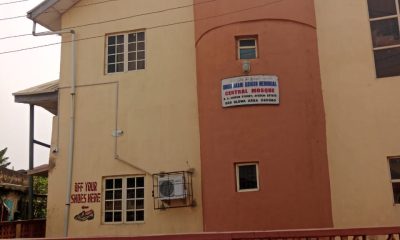
 News5 days ago
News5 days agoPolice Commence Investigation As Worshiper Mobbed To Death At Osogbo Central Mosque
-

 News5 days ago
News5 days agoAPC Obokun Feud : FAS Sues For Peace, Urges Party Members To Embrace Dialogue
-

 Crime4 days ago
Crime4 days agoEbonyi Boundary Crisis: Four Beheaded, Others Injured, Property Destroyed In Renewed Clash
-
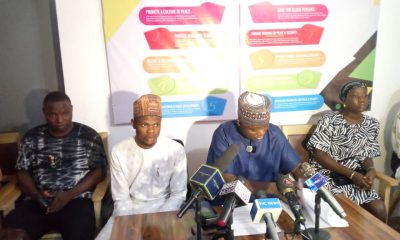
 News5 days ago
News5 days agoStay Out Of LG Affairs, Obey Supreme Court Judgment, WIP Tells Osun Govt







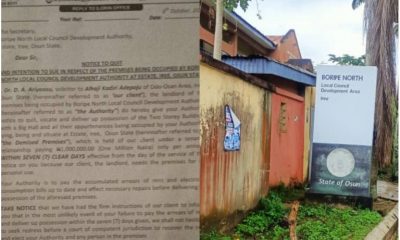

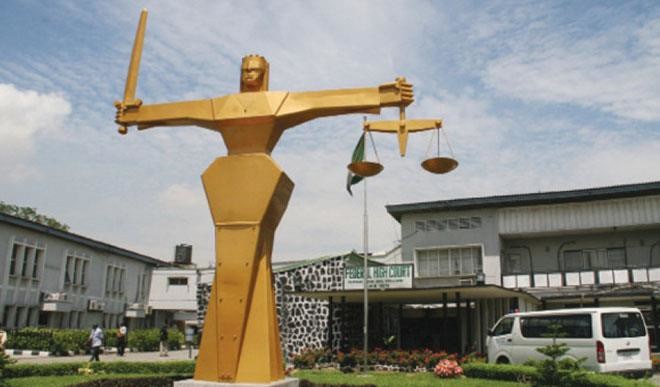


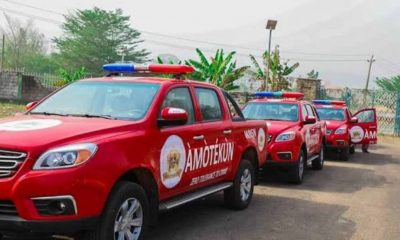

1,114 Comments